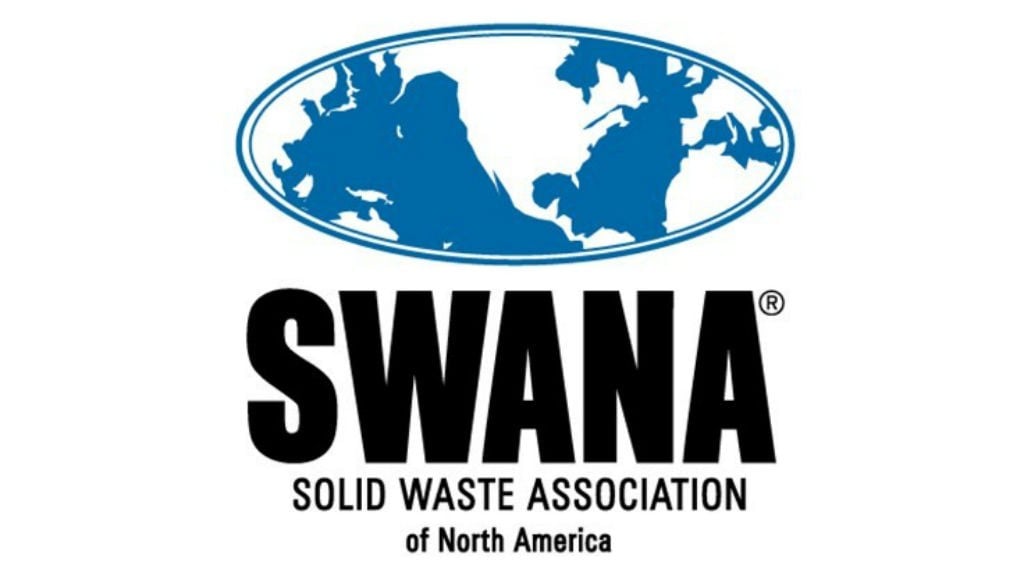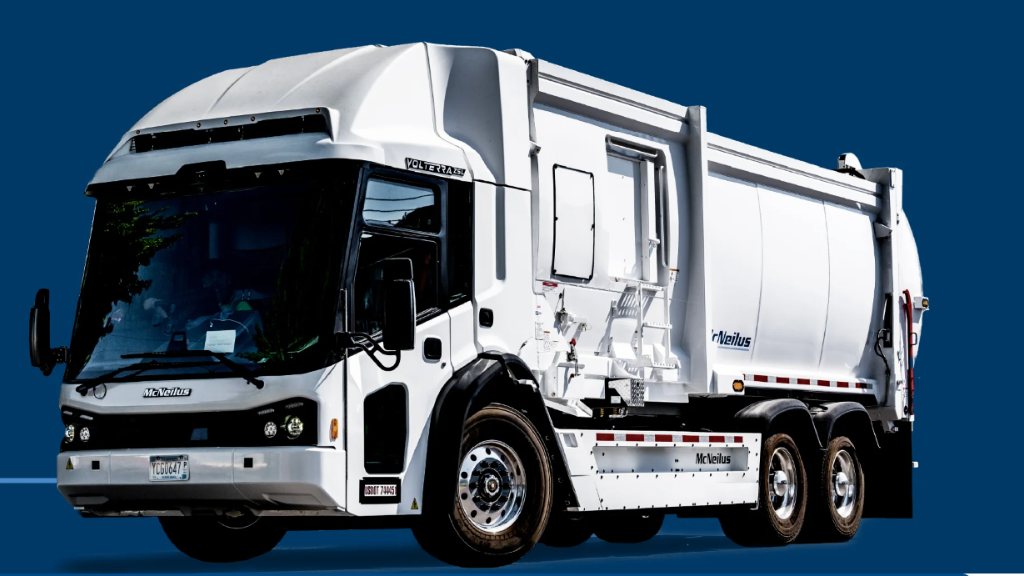
The Solid Waste Association of North America (SWANA) has reminded Governors, Mayors and other elected officials and leaders, that solid waste collection, processing and disposal is an essential public service and should be exempted from local or state/province-wide quarantines in response to the Coronavirus pandemic.
SWANA commends several cities, including Philadelphia and San Francisco, and the State of New York, for expressly identifying solid waste collection as an essential public service not subject to the new restrictions.
SWANA urges municipal officials and private haulers to expect significant changes in the volume and source of solid waste as Americans and Canadians work from home.
As just one example, there has already been a significant decline in commercial waste generation in New York City as restaurants, offices, and other commercial establishments have closed. It is anticipated that similar declines will be experienced in other cities. Concurrently, residential waste generation will continue to increase, and collection companies and sanitation departments, who each collect waste from residents in cities and counties throughout the U.S. and Canada, should be prepared for such increases.
"I have been in contact with SWANA's chapters and many haulers, state and local officials throughout the United States over the past few weeks and have pledged SWANA's support as we respond to this unprecedented situation," said David Biderman, SWANA Executive Director and CEO. He added, "We will continue to provide updates and guidance to our members and others in the waste industry on a regular basis."
The U.S. Occupational Safety and Health Administration has identified solid waste management as a worker group and employer who may have potential exposures to COVID-19. Municipal waste and recycling workers should manage municipal solid waste and recycling with potential or known COVID-19 contamination like any other non-contaminated municipal waste. Continue to use typical engineering and administrative controls, safe work practices, and PPE. These recommendations can found here.
A growing number of facilities are making temporary operational changes to reduce potential exposure that we would like to share. If a contractor is used for staffing, these recommendations and best practices should be shared with them as well and expectations set for their compliance.
SOCIAL DISTANCING
Interaction with the public can be eliminated or minimized by closing offices to walk-ins and requiring all communications via phone or email. Drop off locations for recycling and household hazardous waste (HHW) that are staffed can be temporarily closed.
Workers should be strongly urged to minimize contact with each other. Tailgate talks and other meetings can be held in smaller groups, outdoors when permitting, or over a radio or other communication device. The U.S. Center for Disease Control (CDC) recommends a minimum 6-foot distance between persons. Workers that have contact with numerous individuals throughout the day, including scale house workers, should consider ways to minimize risk. Use of gloves, changing paperwork procedures, and finding other ways to reduce contact are recommended.
Some facilities have reduced hours in order to both decrease the number of workers required and also to keep shifts separated. Workers should be discouraged from interacting with each other before and after shifts as well. Further, they should be encouraged to arrive and leave promptly.
CLEANLINESS
Regular and thorough cleaning of all common areas is recommended. Sanitizing and disinfecting surfaces such as door handles, fixtures, and handrails that are touched often is required. Other workplace features - such as time clocks and locker faces - should also be included.
For the waste industry in particular, equipment control panels and the cabs of trucks and disposal equipment, including all handles, wheels, buttons, knobs, arm rests, etc,, should be sanitized before and after use. If possible, tablets, PPE and other handheld data equipment should not be shared among workers.
LEAVE
Most importantly, if a worker becomes ill or is exposed to someone who is ill, they should not come to work. Please talk with employees about leave policies and encourage their use as appropriate. A sick employee coming to work puts everyone at risk.
SWANA reminds solid waste employers and employees that information about the Coronavirus continues to evolve and guidance may change as well. Guidance and other important information can be found on our website and will be updated as necessary. We encourage you to share your best practices with us so that we can share them with the industry and help everyone keep safe and healthy.



